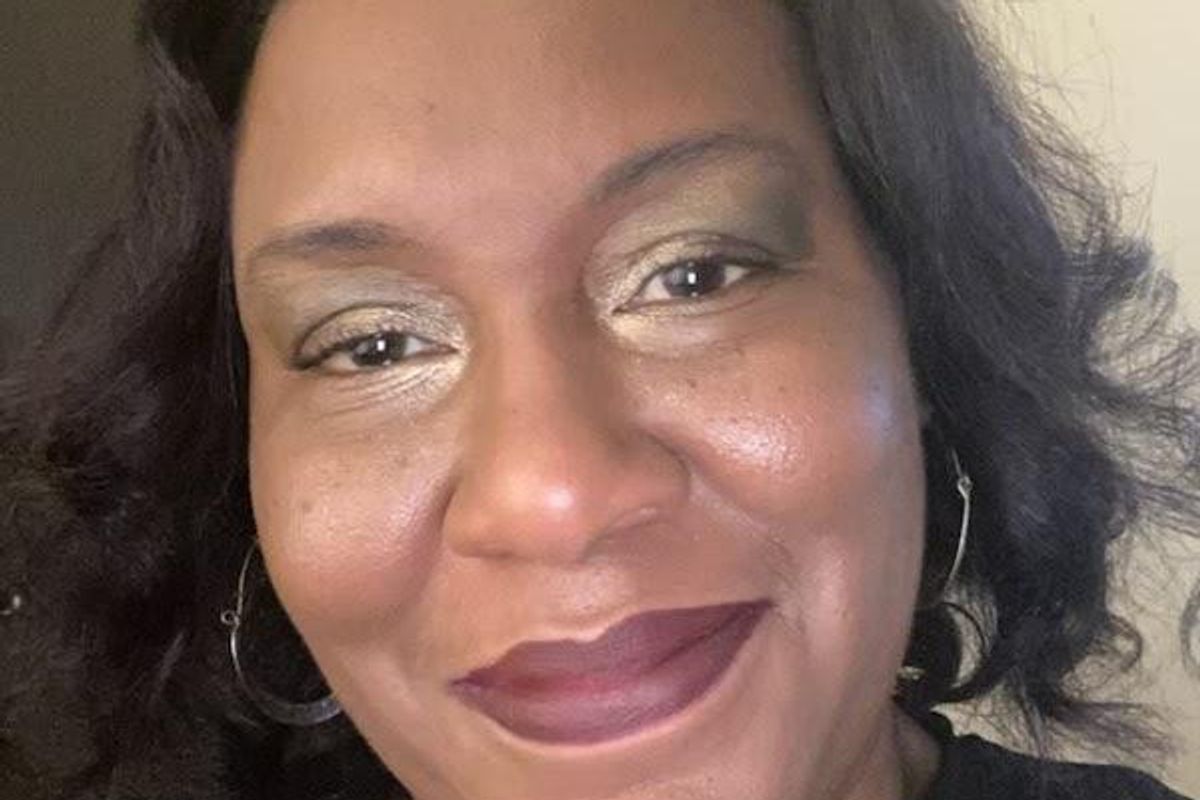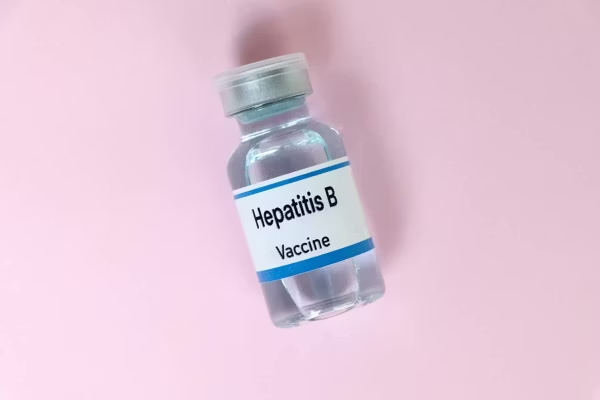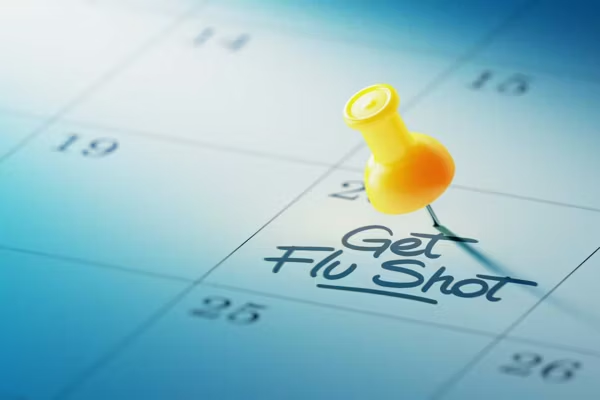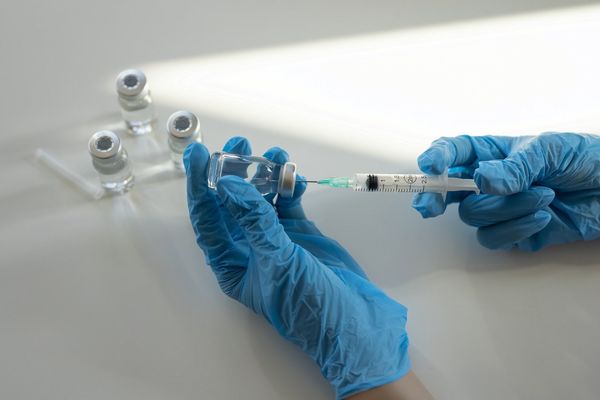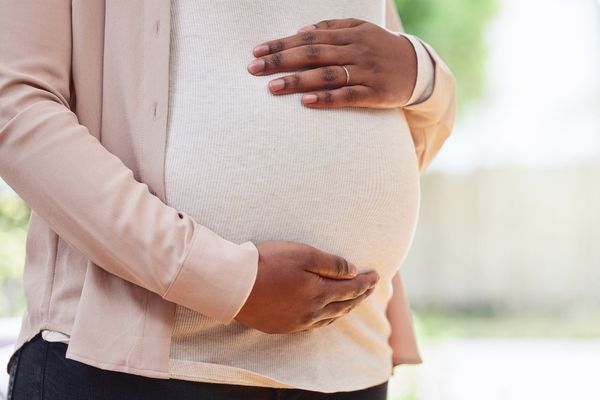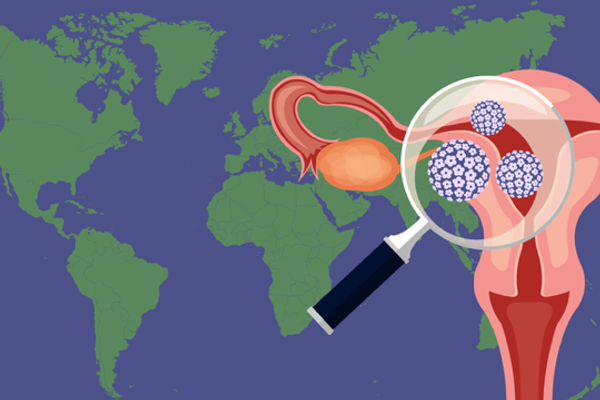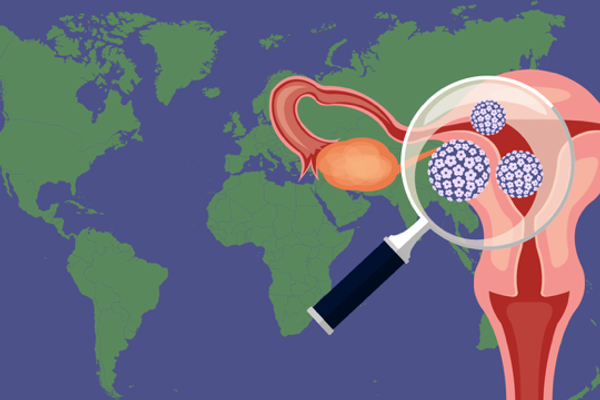I was diagnosed with Type 1 diabetes when I was 7, and I've lived with diabetes for more than 40 years. I want to stay as healthy as possible because diabetes is a progressive disease that can cause your health to deteriorate as years go by.
I haven't received the COVID-19 vaccine yet, but when it's my turn, I'll be one of the first in line to get it. Because I'm immunocompromised, I'll be in a priority group following doctors, nurses and other frontline employees. Without the vaccine, I probably wouldn't survive if I contracted the coronavirus.
That's scary for me to think about, and I'm trying not to take any chances. For people with diabetes and other immunocompromising conditions, it takes longer to recover from sickness. Simple conditions like dehydration or diarrhea that most people recover from easily can be a lot more dangerous for us.
That's why I'm willing to take anything that can protect me. I get vaccinated for pneumonia. I've gotten a flu shot every year since I was diagnosed with diabetes. I tell my doctors to give me whatever they need to give so I can stay healthy.
I've had conversations with people about the COVID-19 vaccine and some have said, "Well, I think the idea of mass vaccinations is Orwellian." I tell them we've had mass vaccinations before. For instance, when polio and whooping cough were spreading, we had mass vaccinations.
As a Black woman, I understand why Black people are scared. I get it. Considering the medical apartheid we've experienced and the shady stuff that the medical community has done with the Black community, that fear makes sense, but by doing your research and becoming informed, you can overcome that fear.
People also have to understand that the more people who get vaccinated — including Black people — the better it is for everyone because we can reach herd immunity. Herd immunity doesn't just come from a bunch of people getting diseases — that's not herd immunity; that's genocide. Herd immunity happens when a significant group of people get vaccinated or recover from the disease, and that's going to take a while.
I do what I have to do to take care of myself. In my case, getting vaccinated helps me stay healthy. But it's not just about me. I also feel a duty to society. Because I'm a person who lives with a chronic disease, I know how it is to be sick and don't want to make anybody else sick either.
I also have to think about my 6-year-old twin boys. I want to protect them as well as my 75-year-old mother, and since I'm a high school teacher, my students. I don't want to do anything that would potentially harm somebody else's child. And then I have to think about my husband, who has stage 4 colon cancer. It's really important that he be protected from this.
We're trying to make sure he stays here as long as possible because I don't want my boys to be without their dad — and, of course, I don't want them to be without me either.
Part of loving my kids is taking care of my health. When I got pregnant, I got the Tdap vaccine that protects a mother and her baby against pertussis (whooping cough) and I made everyone else in my family get one.
Of course, people were fussing, and I said, "If you don't want to get the Tdap, that means you don't want to see my kids." I was serious, and people were mad at me, but I told them I didn't care. You won't be coming near my children if you don't get the Tdap. If someone had small children, and they asked me to do something like this to protect their children, I absolutely would do it. I wouldn't be arguing with them about it.
Vaccines aren't just for you. They're for everyone you come in contact with. If you're worried about getting the COVID-19 vaccine, do your research and ask questions. Talk to your healthcare provider and get the answers you need to make an informed decision — especially about something as important as your health and the health of others.
This resource was created with support from Merck and Pfizer.

